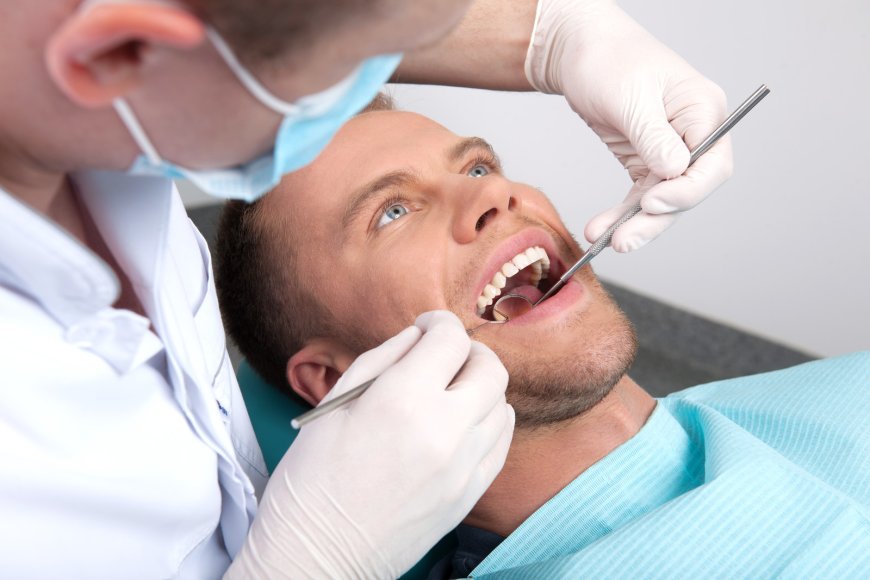Root Canal Recovery Tips: How to Heal Faster and More Effectively in Dubai
A root canal in Dubai is a common dental procedure designed to save a tooth that is severely decayed or infected.

A root canal procedure is a common dental treatment that involves removing infected or damaged pulp from a tooth and sealing it off. While most patients experience minimal discomfort after a Root Canal in Dubai, proper care during the recovery period can significantly speed up healing and reduce the risk of complications. Here are some essential tips to help you recover effectively in Dubai:
Immediate Post-Procedure Care
- Rest: Allow your body to rest and avoid strenuous activities for the first few days.
- Cold Compress: Apply a cold compress to the outside of your cheek near the affected tooth to reduce swelling and pain.
- Over-the-Counter Pain Medication: If needed, take over-the-counter pain relievers like ibuprofen or acetaminophen as directed by your dentist.
- Avoid Hot Foods and Drinks: Hot foods and drinks can irritate the treated tooth. Opt for cool or lukewarm beverages and soft foods.
- Good Oral Hygiene: Brush and floss gently around the treated tooth to prevent infection.
Long-Term Care
- Regular Dental Check-ups: Schedule regular follow-up appointments with your dentist to monitor the healing process and ensure the root canal is successful.
- Avoid Excessive Chewing: For the first few weeks, avoid chewing on the affected side to prevent unnecessary pressure on the treated tooth.
- Limit Sugary and Acidic Foods: These substances can contribute to tooth decay and should be consumed in moderation.
- Consider a Night Guard: If you grind your teeth at night, a night guard can help protect the treated tooth and prevent further damage.
- Dental Implants: In some cases, a dental implant may be necessary to replace a severely damaged tooth that has undergone a root canal. Consult with your dentist to discuss this option.
When to Contact Your Dentist
- Severe Pain: If you experience severe pain, swelling, or other unusual symptoms, contact your dentist immediately. These could be signs of a complication.
- Infection: Look for signs of infection, such as redness, swelling, or pus around the affected tooth. If you notice any of these symptoms, seek dental attention promptly.












